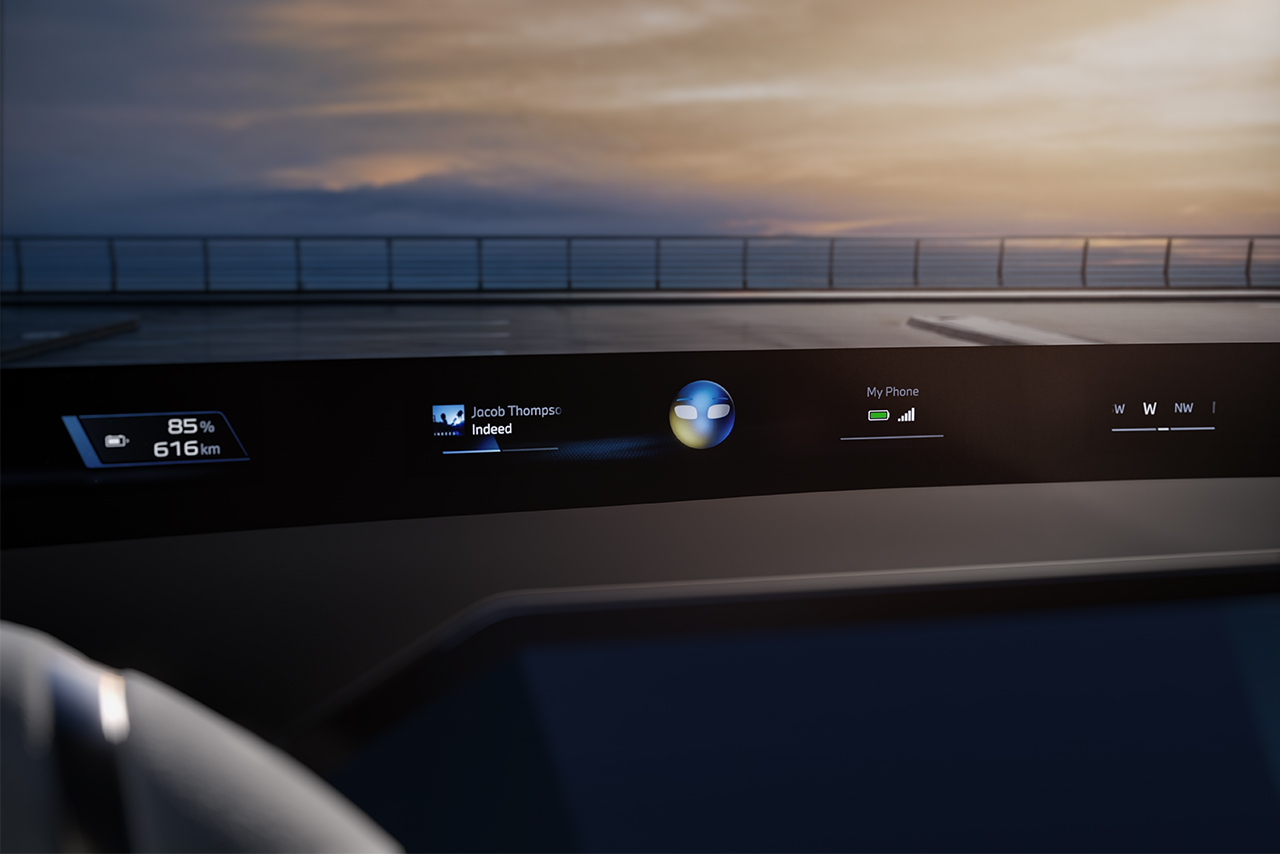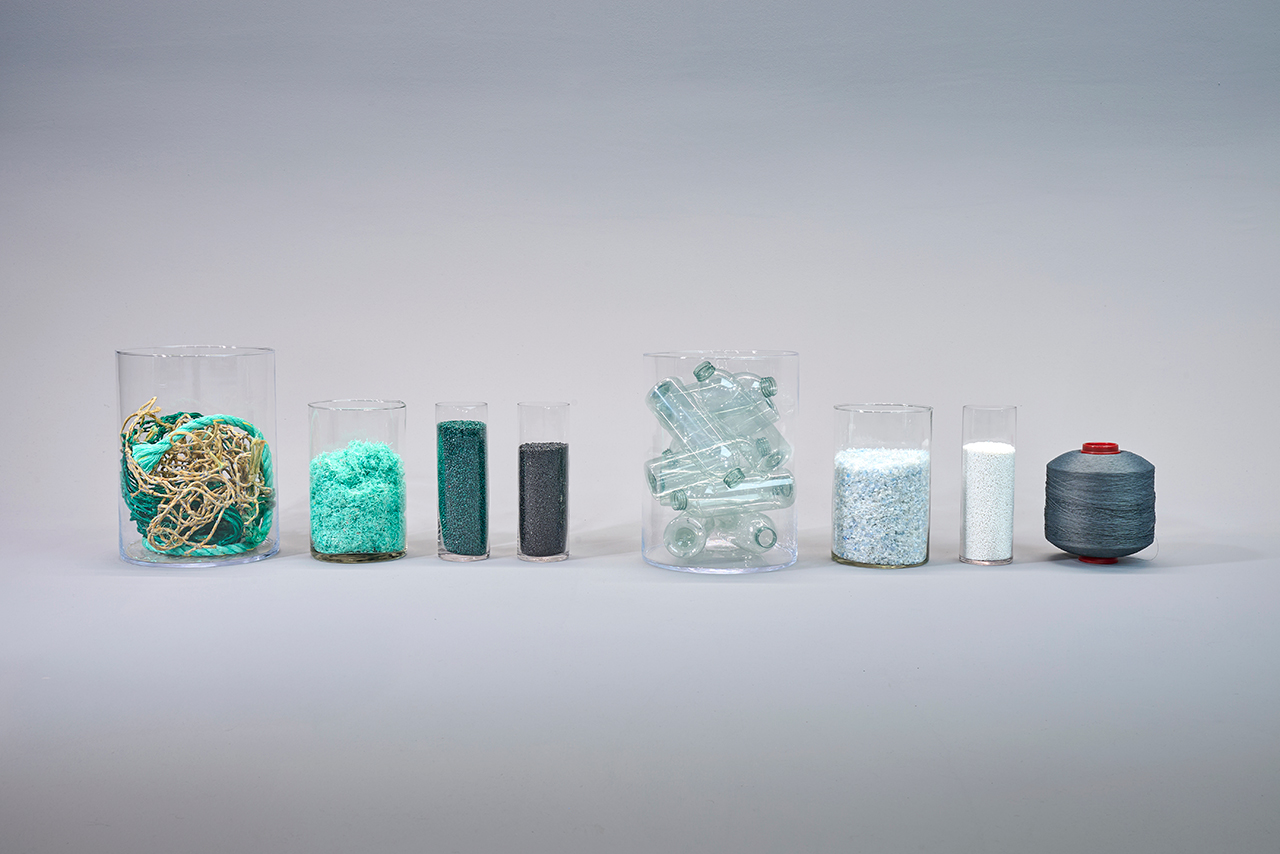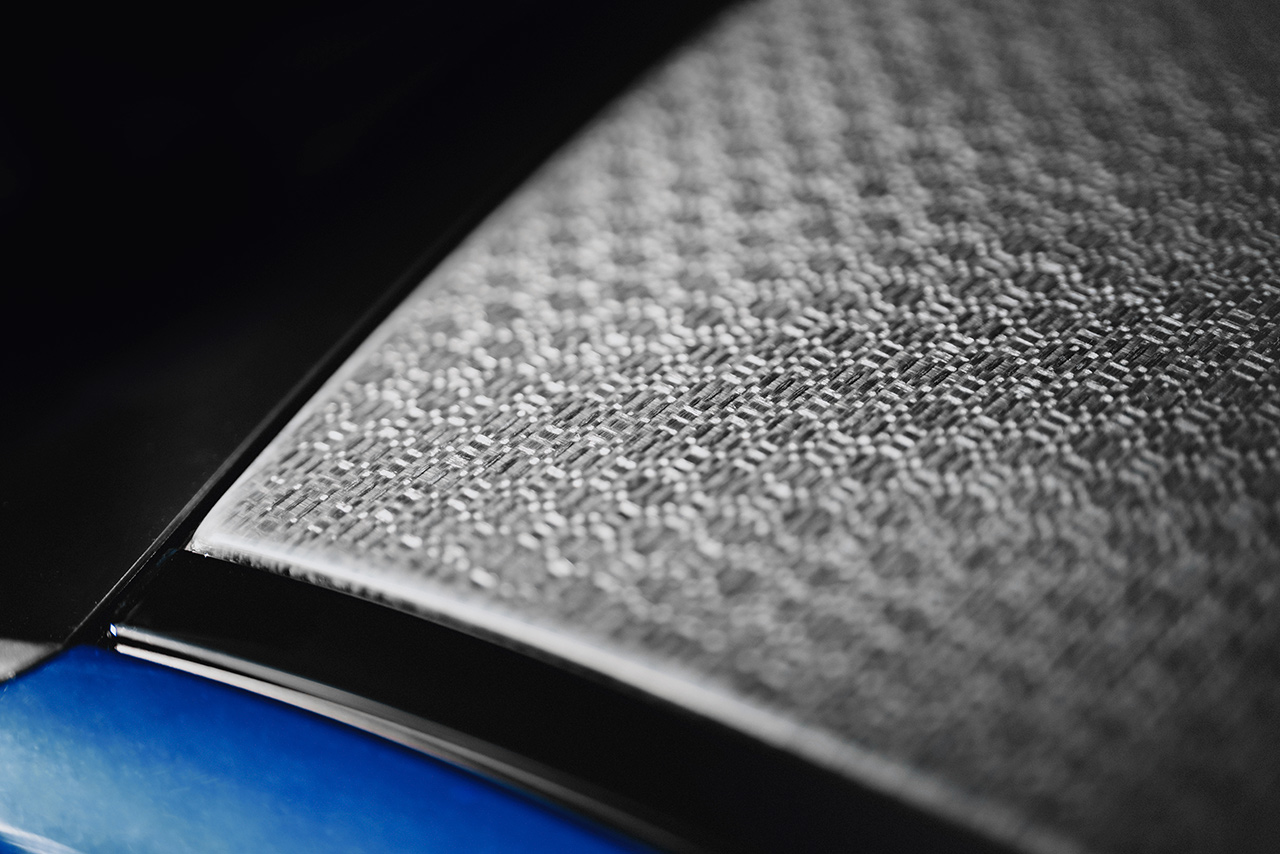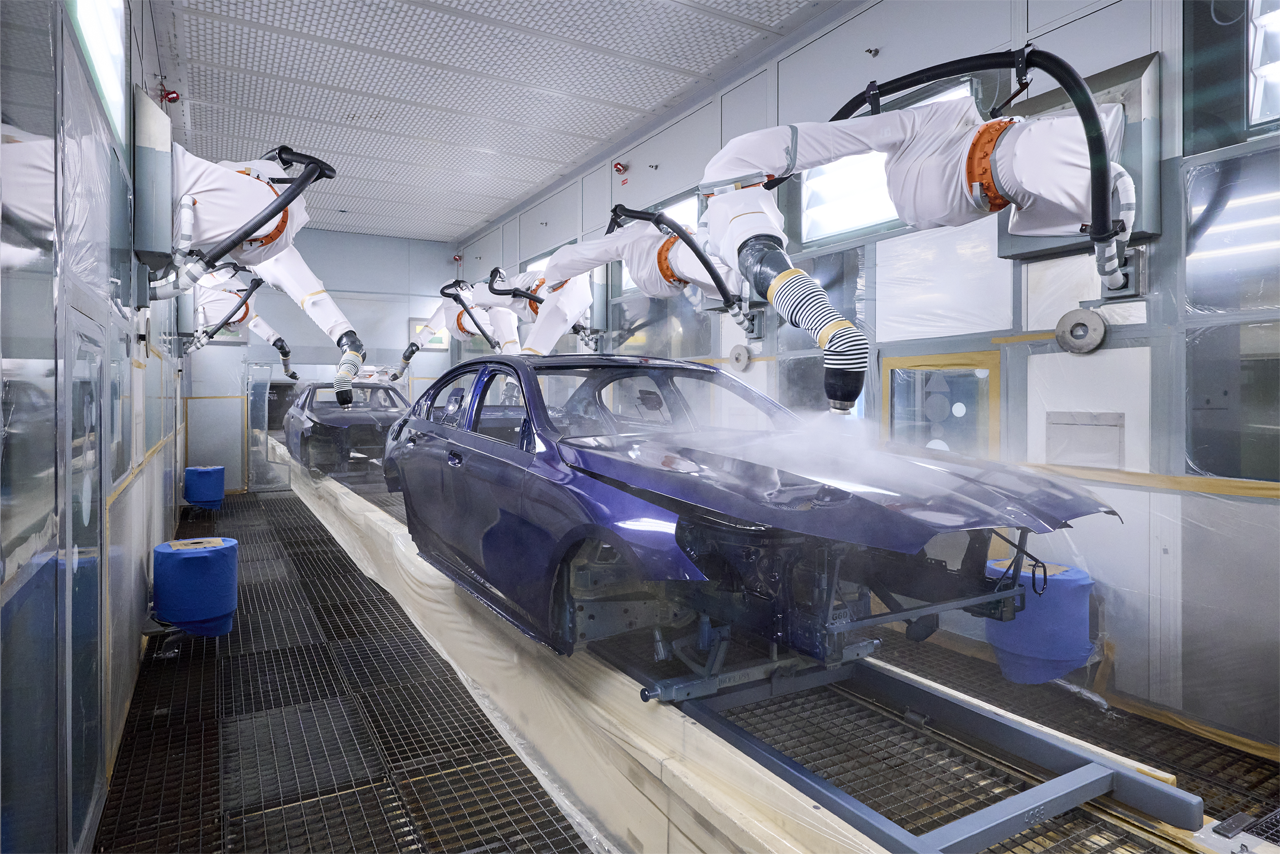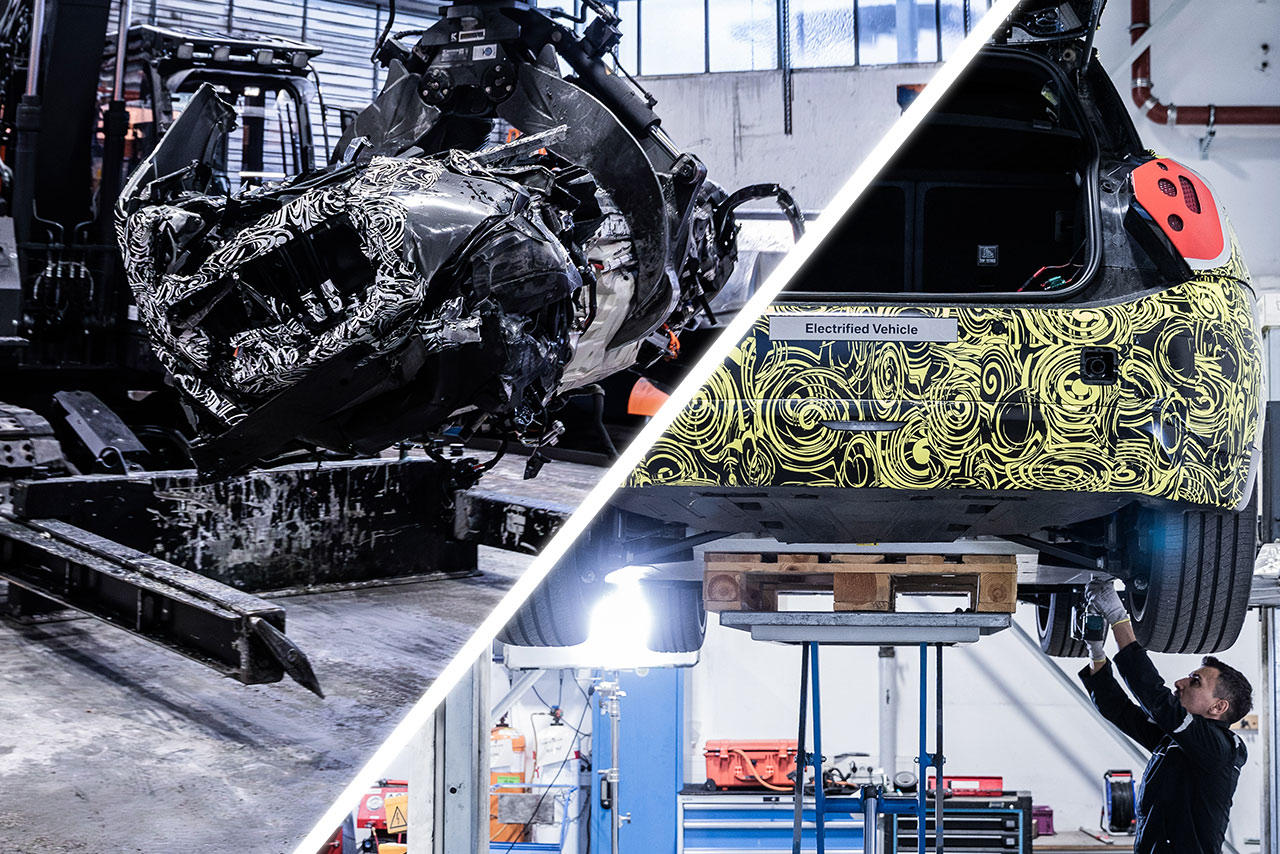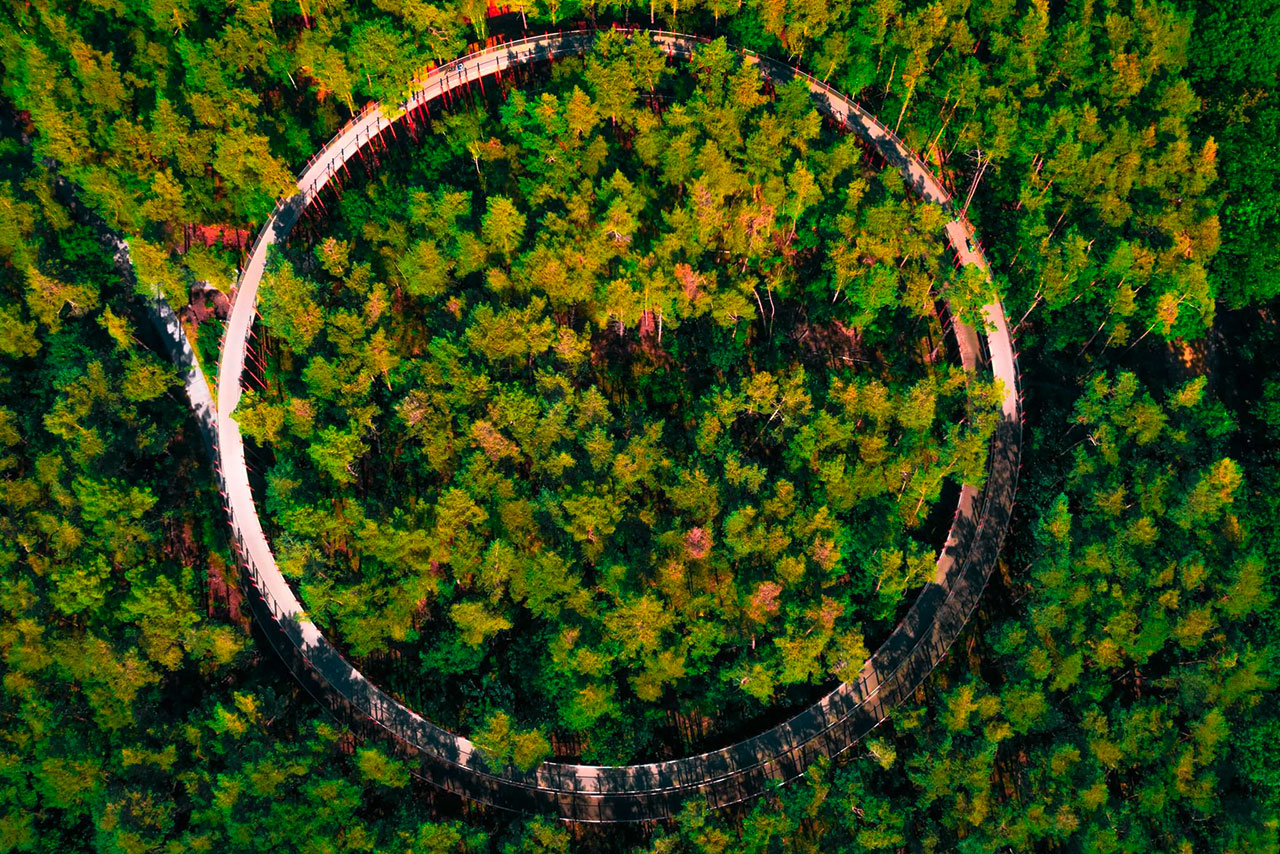The BMW Group is consistently approaching its goal to recycle all materials that are used in the production of vehicles if at all possible. Movements like Fridays for Future can provide some additional inspiration. In our interview, Daniela Bohlinger, Head of “Sustainability in Design” at the BMW Group, explains why.
Hello Ms Bohlinger, one of your responsibilities is making vehicle design in the BMW Group as sustainable as possible. However, you started your professional life with an apprenticeship as a goldsmith. Does your pronounced interest in reusing all leftover materials to the greatest possible extent maybe stem from there?
There is certainly some truth in this. As a goldsmith, I kept a piece of fur on my legs to catch excess material that could later be reused. That is circular economy at its best and represents – metaphorically speaking – one of the BMW Group's sustainability goals, which is to use materials carefully and intelligently and to ensure to keep residual materials to a minimum.
You do not like the term “waste”...
because, at the end of the day, everything is useful. Most of the residual materials can be used to make something new.
For example?
Old PET bottles! We use them to make seat covers for the i3 and the MINI.
Nonetheless, you are not getting the idea of “waste” out of people’s heads, even at BMW.
That is unfortunately how we have been educated for decades – to appreciate new things and dismiss the old. However, I am now seeing a paradigm shift. Just think of all the upcycling ideas being developed around the globe. One example is flea markets, where people buy old pieces of furniture and give them a new lease of life.
However, this shift in attitude mostly takes place at a private level.
Over the past 100 years, the industry has specialised in producing new things. In this way, an abundance of products was created, and we learned not to attach much value to individual items. However, this is now changing. Even within the industry, people started to rethink these matters quite a while ago. We are now facing the exciting and demanding task of generating growth with an emphasis on products that are made from materials which have already been through the consumption cycle.
As a product designer you are working in exactly that space. How can you succeed in integrating sustainability into the product design from the start?
There are some historical examples for this. In the Bauhaus school, designers 100 years ago worked with very few materials and simple compounds, and designed classics that are still considered benchmarks today. The BMW Group can learn from these experiences. So, I think from the start about which material can be used, how materials can be combined and how they can be separated again.
This approach is also aimed at boosting the BMW Group's green credentials, of course.
Sure. But let me be frank. At the moment, demand for sustainability is not as high as I would like it to be. That we have nailed our colours to the mast by introducing more and more sustainable production processes is an investment into our future. BMW customers can already be sure that their vehicle has been developed and produced to the highest possible sustainability standards. And that it will be returned into the raw materials cycle at the end of its life. However, this positive aspect will become even far more important and more of a competitive advantage in the future. The pressure from climate-protection movements such as Fridays for Future can help support this development.
So, there is no going back to conventional production methods? Despite coronavirus?
Circular economy was already a key aspect of our production processes, even before coronavirus. However, the pandemic has put processes at the BMW Group to the test even more, of course. And we needed to ask ourselves: how will we respond? Which direction will we take? In particular during these times of crisis it shows how much responsibility the BMW Group is carrying and that it is doing everything to live up to this responsibility. Despite all the jobs in hand and all the tragedy, we also see opportunities arising from our experience with coronavirus.
Please explain.
As human beings, we are starting to recognise again what is really important in life. We are realising, for example, that with all of our shopping therapy we are just compensating for something else. Or that we buy stuff to keep up with the Joneses. Having experienced the lockdown, we are now asking ourselves why we do these things. The trend is going back towards more genuine value, quality, and sustainability. We as the BMW Group welcome these developments.









